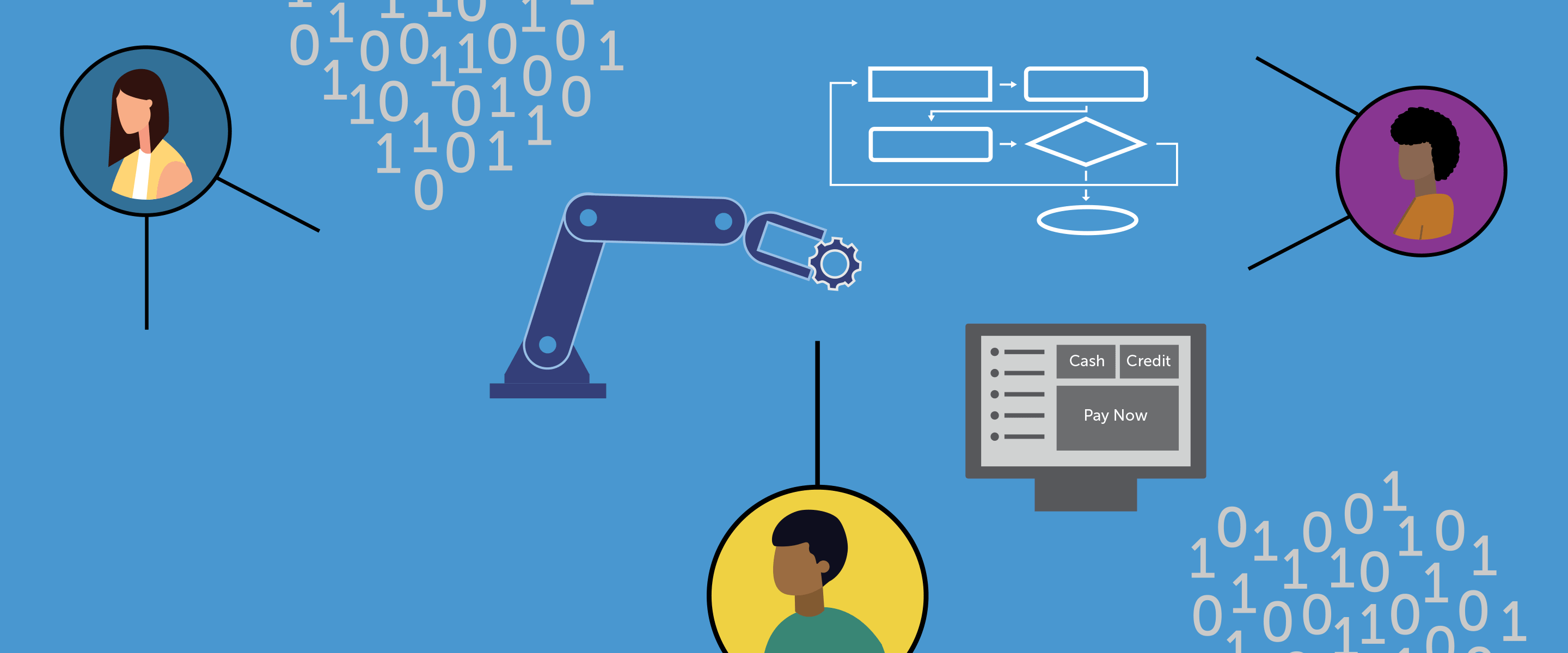
Prior to COVID-19, workers with routine activities, such as cashiers or laborers, were at risk for job displacement due to changes in automation and artificial intelligence (Muro, Maxim, & Whiton, 2019). But the global pandemic has exacerbated uncertainty for thousands of workers across frontline sectors like healthcare, retail, restaurants, hospitality, manufacturing, and construction, who now face increased risk of infection, job instability, and even unemployment. Now more than ever, frontline workers must be able to easily demonstrate and leverage their skills to secure employment and advance their careers.
Workers are not the only groups affected by these disruptive factors to the workforce ecosystem. In recent years, employers have struggled to fill an estimated 7 million jobs due to the growing digital skills gap and a lack of coordination across education, training, and credentialing providers. Direct service providers such as nonprofit and publicly-funded adult education and career training agencies, have also expressed limitations in their capacity to track job placement and earnings data, and to measure long-term impact on worker outcomes.
Could data interoperability—the ability to exchange information between people and systems in a seamless, safe, and controlled way—be a solution for frontline workers?
Digital Promise tackles this question by amplifying diverse perspectives and experiences across the adult learning ecosystem. We connected with more than 75 people in the field—from individual workers and local providers to large-scale employers and government agencies—to find out what it would take for each of these stakeholders to collectively adopt a more collaborative, data-driven, and worker-centered approach to advance the frontline workforce.
This report explores what it takes to spur a movement toward more effective collaboration and data sharing across the workforce ecosystem and provides replicable strategies for building cross-stakeholder networks from communities that are already leading the way. Most importantly, it places frontline workers at the center of the conversation about their own future of work.